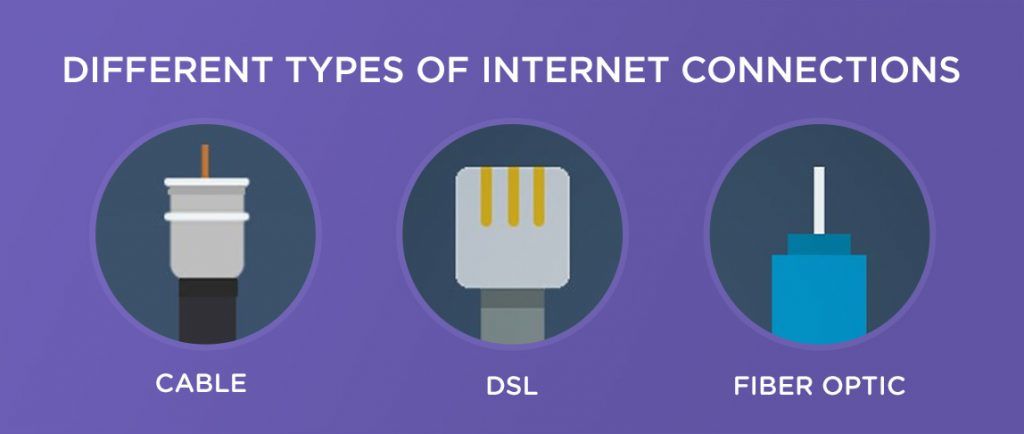Choosing an internet service provider (ISP) can be a daunting task, especially with so many options available. Three of the most popular types of internet connections are fiber, DSL, and cable, each offering its own advantages and disadvantages. In this article, we will compare these three types of ISPs to help you determine which one is best for your needs.
Speed and Reliability
When it comes to speed and reliability, fiber is often considered the best option. Fiber optic cables transmit data at the speed of light, providing a much faster and more reliable connection than DSL or cable. Fiber also tends to have lower latency, making it ideal for activities like online gaming and video conferencing.
DSL, on the other hand, is generally slower and less reliable than fiber. DSL uses existing telephone lines to transmit data, which can result in slower speeds and more frequent interruptions. Cable internet falls somewhere in between fiber and DSL in terms of speed and reliability, making it a popular choice for many consumers.
Availability
One of the biggest factors to consider when choosing an ISP is availability. Fiber optic internet is not as widely available as DSL or cable, as it requires the installation of new infrastructure. This means that in some areas, fiber may not be an option at all.
DSL is more widely available than fiber, as it utilizes existing telephone lines to transmit data. However, the farther you are from the central office, the slower your connection may be. Cable internet is typically available in most urban and suburban areas, making it a convenient choice for many consumers.
Price
When it comes to price, DSL is often the most affordable option. DSL tends to be cheaper than fiber or cable internet, making it a budget-friendly choice for many consumers. Cable internet tends to be more expensive than DSL but less expensive than fiber, making it a good middle-of-the-road option.
It’s important to consider not only the monthly cost of an ISP but also any installation fees, equipment fees, and data caps that may be associated with the service.
Conclusion
Ultimately, the best ISP for you will depend on your specific needs and priorities. If speed and reliability are your top concerns, fiber may be the best option for you. If price is the most important factor, DSL may be the way to go. If availability is a concern, cable internet is likely your best bet.
It’s a good idea to research and compare different ISPs in your area to determine which one offers the best combination of speed, reliability, availability, and price for your needs. Remember that switching ISPs is always an option if you’re not satisfied with your current service.
